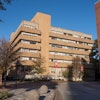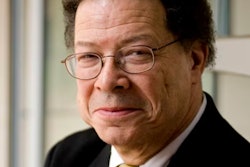MONTGOMERY Ala.
As a physician in a rural area, Dr. Deanah Maxwell knows
there are times she’ll be stopped in the grocery store or at church for advice
sometimes not even medical advice. But for her, that’s half the appeal of being
a small-town doctor.
The Tuskegee
native plans to return to her hometown, with its population of under 12,000, to
set up practice after finishing her residency in Tuscaloosa.
But Maxwell acknowledges that the increased social obligations that come with
being a rural doctor aren’t for everyone.
“When you go back into a rural area as a professional,
you can’t just go back as a person in that profession,” Maxwell said.
“People look to you for guidance in areas other than, say, just medicine,
so there’s a greater sense of responsibility.”
To help prepare for the role, Maxwell has participated in
the Rural Health Leaders Pipeline programs at the University
of Alabama. The programs, like
similar ones elsewhere in the country, recruit students from rural areas, give
them specific medical training and help prepare them to be community leaders.
Expanding and improving rural health care is a cause that is
dear to program founder and director Dr. John Wheat, who received the
Distinguished Educator Award from the National Rural Health Association in May.
“I am a product of rural Alabama, and I am very much
aware of the different opportunities to get medical care that exist there
versus in urban and suburban Alabama,” said Wheat, who grew up mostly in
rural Sumter County outside Livingston.















